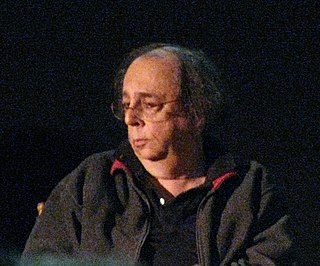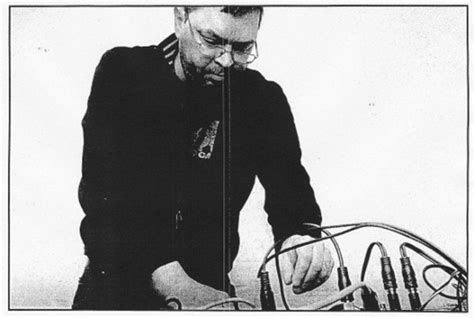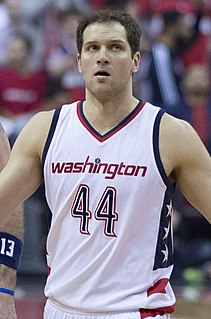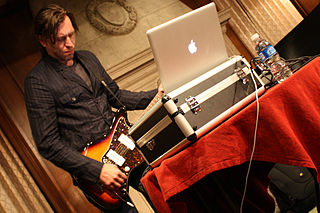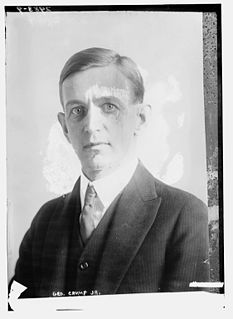A Quote by Pauline Oliveros
I had invented my own system, my own way of making electronic music at the San Francisco Tape Music Centre, and I was using what is now referred to as a classical electronic music studio, consisting of tube oscillators and patch bays. There were no mixers or synthesizers. So I managed to figure out how to make the oscillators sing. I used a tape delay system using two tape recorders and stringing the tape between the two tape machines and being able to configure the tracks coming back in different ways.
Quote Topics
Able
Back
Being
Between
Centre
Classical
Coming
Coming Back
Delay
Different
Different Way
Different Ways
Electronic
Electronic Music
Figure
Francisco
Had
How
Invented
Machines
Make
Making
Music
My Own
Now
Out
Own
Patch
Recorders
Referred
San
San Francisco
Sing
Studio
Synthesizers
System
Tape
Tape Recorder
Tracks
Tube
Two
Used
Using
Way
Ways
Were
Related Quotes
I'm always looking for older equipment and ways of recording, but you can't escape the fact that it's all going to be digitized and reduced. I do think music sounds better when it's on tape and more simply recorded. I've been arguing with people for 10 years about tape versus digital, and I believe tape is absolutely essential in getting the sound that's conducive to the enjoyment of music. I wonder if it's going to go back to that. Sometimes I think it has to. As music becomes more computer-based, it's lost some emotional impact.
In the 80s, if you wanted to make electronic music, it was a much tougher and more expensive process. For many people it would involve either spending loads of money on gear or else cutting demos in a proper studio. But I had this Casio keyboard and tape recorder and used to do stuff in my bedroom - I'd listen to Mantronix and all that. That was what I had so that's what I used.
I started playing guitar at the age of 8 or 9 years. Very early, and I was like already into pop music and was just trying to copy what I heard on the radio. And at a very early age I started experimenting with old tape recorders from my parents. I was 11 or 12 at that time and then when I was like 14 or 15 I had a punk band. I made all the classic rock musician's evolutions and then in the early nineties I bought my first sampler and that is how I got into electronic music, because I was able to produce it on my own. That was quite a relief.
Now clearly this advantage is when the data on tape has been found and just needs to be transferred back. You need to add a minute or so of seek time to find the data. On large transfers, though, tape should outpace most disk systems. From an ingest perspective, LTO-6 and other enterprise tape formats may be unrivaled when compared on a single unit basis.



